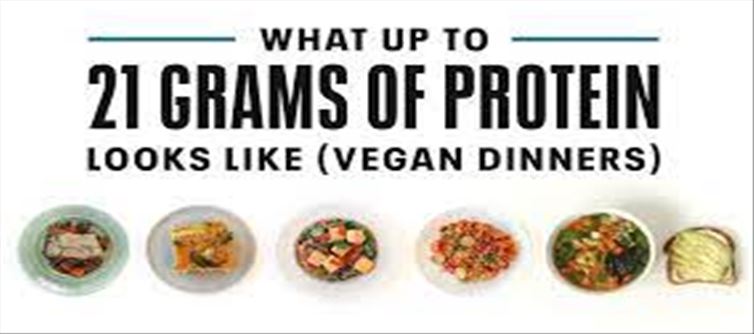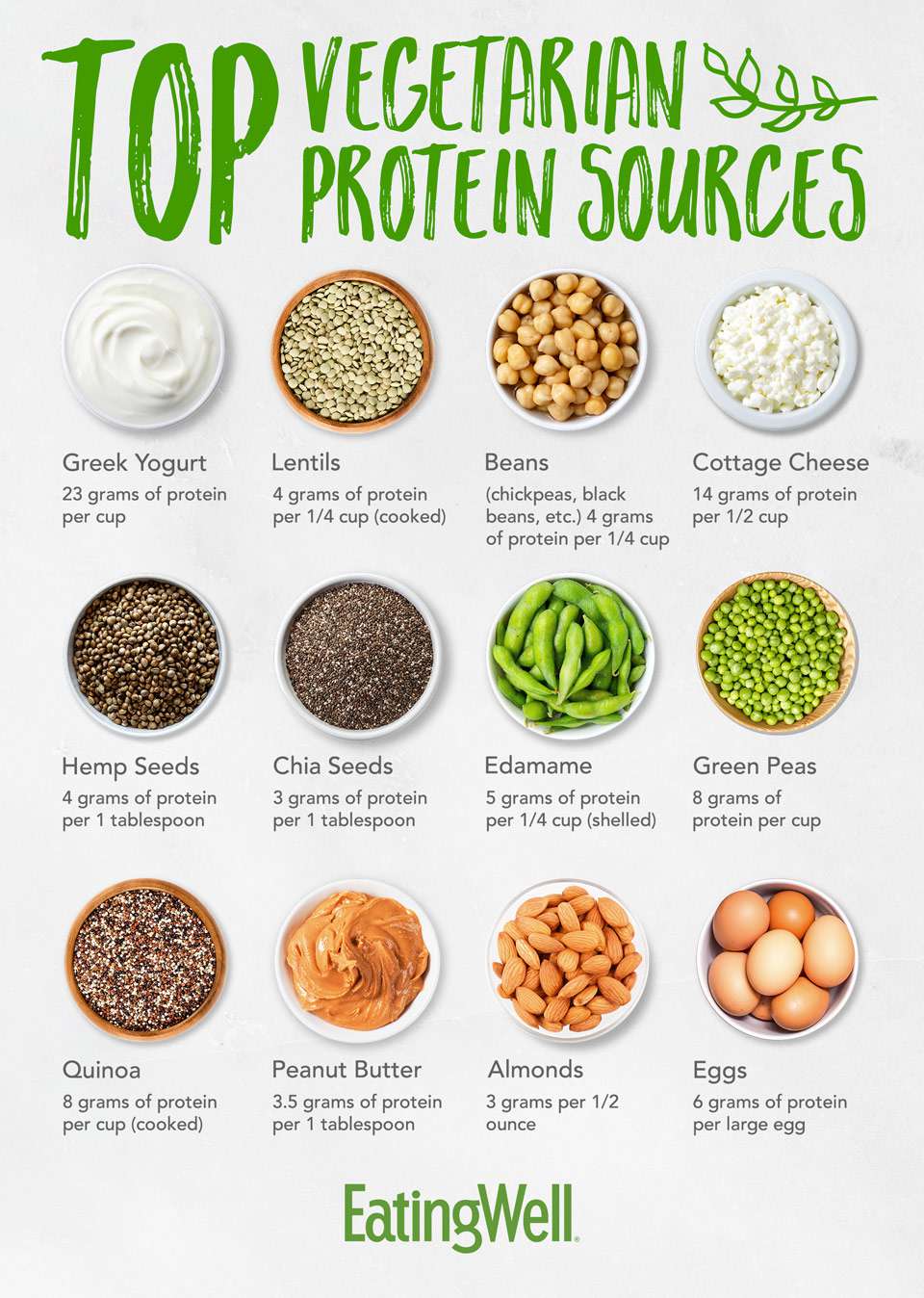
Tips for obtaining 21g of protein from a vegetarian diet...

It is crucial to include protein in your diet because it is a necessary macronutrient that the body uses for a variety of processes, including tissue repair and immune system maintenance. protein deficiencies are common among vegetarians, but they can be avoided by including the right foods in your meals. To get the most out of plant-based proteins, include them in all of your daily meals.
In a recent instagram post, nutritionist Juhi Kapoor offers advice on how to increase the quantity and quality of protein in the diet. Kapoor recommends incorporating the following components in various combinations to increase daily protein intake:
Chickpea flour, or besan
Protein content in 100 gm of besan is 4g. Chickpea flour, or besan, is a high-protein flour that is ground from chickpeas. It provides dietary fibre and protein, making it a great plant-based protein source. When besan is used in a meal, like pancakes, it significantly increases the protein content of the dish.
Bean sprouts: 8g of protein per 100 g of bean sprouts
Adding dietary fibre, a crisp crunch, and protein to a meal are all possible benefits of using bean sprouts.
20g of tofu spread contains 1g of protein.
Soybeans are used to make tofu, a staple of plant-based diets. Given that it includes every essential amino acid required by the body, it qualifies as a complete protein.
Indian cottage cheese, or paneer
Protein in 100 grammes of paneer-mushroom sabzi is 7 grammes. In indian cooking, paneer is a common dairy-based protein. It contains a lot of casein protein, which digests slowly and releases amino acids gradually.
These protein-dense ingredients work well together to create a well-balanced meal that has a variety of protein sources. In addition to helping you get the protein you need, this offers a variety of vitamins, minerals, and amino acids that are vital for good health," says Kapoor.




 click and follow Indiaherald WhatsApp channel
click and follow Indiaherald WhatsApp channel